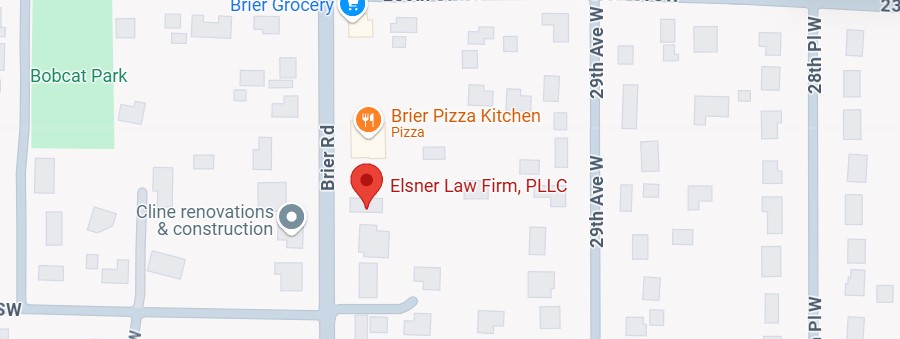Insurance Claim Denied
The Insurance Fair Conduct Act (“IFCA”) became law in 2007 as a way to combat the excessive unethical behavior of insurance companies. The law lays out a long list of obligations the insurance companies must follow to comply with the law. Often times what starts out as a car accident case turns into an IFCA complaint because the insurance company will fail to properly investigate the claim, will delay paying out claims, and will deny legitimate claims. Below is a list of the provisions in the IFCA laws.
- Unfair settlement claims process which includes:
- Misrepresenting provisions of your policy;
- Not communicating timely with you;
- Not reasonably and timely investigating your claim;
- Refusing to pay your claim without investigation;
- Failing to accept or deny coverage of your claim within a reasonable time;
- Not attempting to settle your claim in a fair and reasonable matter and time period;
- Requiring you to file a lawsuit to get benefits and when you prevail in court obtaining substantially more than what was offered by your insurance company;
- Attempting to make you settle a claim for far less than it is worth;
- Not providing a statement with a payment stating under which part of the policy the payment is being made to you;
- Telling you that if you win your case in court that they will appeal the result, thus dissuading you from filing a lawsuit;
- Failing to promptly settle a claim with clear liability because they are trying to influence settlement of another part of your claim;
- Failing to provide an explanation why your claim is being denied;
- Discriminating against you because you are represented by a public adjuster;
- Putting a hold on your check for longer than three business days after you deposit it into your account;
- Failing to timely pay claims that have been settled;
- Delaying appraisals for your damaged property;
- Failing to timely settle a claim that is possible before ordering an appraisal;
- Negotiating or settling a claim with a person represented by an attorney.
- Misrepresentation of policy provisions including:
- Failing to disclose benefits you have under your policy;
- Concealing benefits you are entitled to under your policy;
- Force you to file certain information with the insurance company by a certain date unless the law requires;
- Make you sign a settlement agreement that involves matters not related to your claim;
- Making a partial payment to you when they should pay the entire claim;
- Making a payment to you with the expectation that they will be reimbursed without first telling you of that fact.
- Failure to acknowledge pertinent communications including:
- Generally the insurance company must respond within 10 business days after receiving notification of your claim;
- Requiring that the insurance company provide documented notice of anything that they need from you to process your claim.
- Promptly investigate your claim which means they must (when reasonable) investigate and make a decision on coverage within 30 days of you filing a claim.
- Promptly, fairly, and equitably settle your claim including:
- If you claim is denied it generally must be in writing with specific policy provisions identified;
- If after you have provided all documentation to the insurance company they are unable to decide whether to provide coverage they must notify you within 15 business days that they need more time to investigate the claim; further delays require notice every 30 days;
- Refusing to pay a claim if they believe that payment should be assumed by other parties (subject to your policy provisions);
- If the statute of limitations for your claim is approaching they must notify you (30 days for first party and 60 days for third party claims);
- Cannot state that the rights of a third party could be impaired if a form or release is not completed within a specific time period unless there is a statute of limitations approaching.
If you believe that your insurance company has violated one of these laws you should contact an attorney or the Office of Insurance Commissioner. Prior to filing a lawsuit against your insurance company you must file a 20-day Insurance Fair Conduct Act Notice of Potential Lawsuit. The Insurance Commissioner’s website provides information on how to file this claim. It requires that the insurance company respond to your complaint with the hopes that the parties can resolve the dispute without the need for a lawsuit.
Your insurance policy is a contract. With every contract there is an obligation on the insurance company to act in good faith. Often times violations of the Insurance Fair Conduct Act are also breaches of the duty to act in good faith. When an insurance company unreasonably denies your valid claims, delays handling your claim, and is untruthful they are acting in bad faith.



